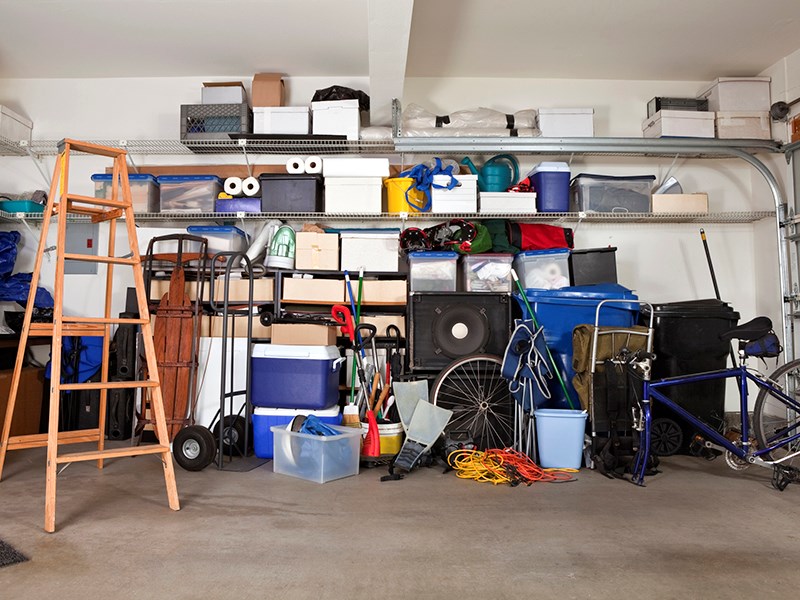All of your belongings may be treasures to you now, but what happens to your stuff when you die? How will your things reintegrate into the lives of others, and how many of those things will end up on their way to the landfill?
It is fair to say giving our stuff away and talking about death are not a favourite conversation for most people. Maybe this is exactly why we are so ill-prepared for dealing with our possessions near or at the end of our lives. Western culture tends to idolize youth and sanitize death. Even though we know we cannot take it with us, few of us plan for the responsible redistribution of our belongings.
Redistributing someone’s things after their death can involve power struggles and heartache. After someone has passed, we can attach sentimental meaning to all manner of their things and wonder when the right time is to release their belongings.
Letting go of belongings during and at the end of life is a practice that is becoming popularized. Organizing consultant and author Marie Kondo is known for encouraging people to let go of anything that no longer sparks joy. Many are adopting her streamlined, minimalistic lifestyle and touting the benefits.
The Swedes practice dostadning, or death cleaning, which involves cleaning house before you die rather than leaving it to loved ones to do after you are gone. This practice allows people to purge and gift belongings with intention, and to witness others enjoying their things while they are still living.
A similar practice has been adopted on the Sunshine Coast, in keeping with the local indigenous population’s practice of giveaways.
If you have not ever considered paring down your possessions, maybe now is the time, when you are still able-bodied and present.
A hard truth is that a lot of our precious things can become a burden to our loved ones when we pass away. Hoarding collectables and unused China may sound like an investment in your family’s future, but the reality is often drastically different.
Best to share your treasures before they break, lose value or become yet another item in a box on its way to the dump after you pass.
Let’s Talk Trash is Powell River Regional District’s waste-management education program.



